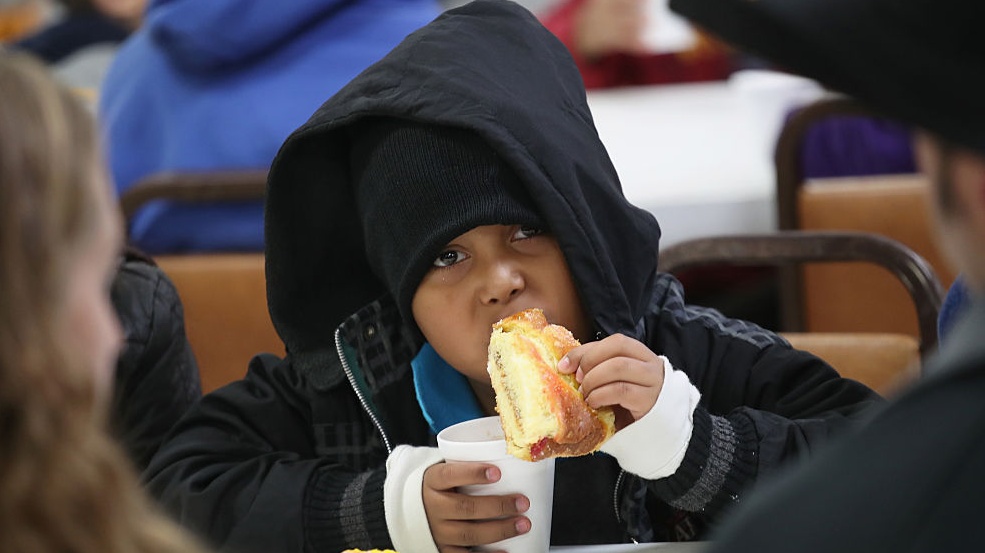A decision on Monday by the Supreme Court will allow the Trump administration to block immigrants from receiving public benefits, reports CNN.
The 5 to 4 vote grants the Trump administration the ability to deny green cards to immigrants who may or may not use public benefits like Medicaid, food stamps and housing vouchers.
The Supreme Court has five conservative justices occupying, two of which President Donald Trump appointed, to thank for the implications of the new public charge policy.
However, the new rule was previously blocked nationwide in October, challenged by five trial judges' injunctions. There were two cases brought in New York, consisting of one group of immigrants in the Tri-state area, New York, Connecticut, Vermont, and the other exclusively a group of New Yorkers.
“We are happy to see the Supreme Court step in the way they did here,” Ken Cuccinelli, second-in-command at the Department of Homeland Security, told BuzzFeed reporters Monday. “We very much appreciate it.”
The policy goes in effect nationwide except in Illinois.
Many advocates for immigration reform say the new rule will have negative effects on the immigrant community.
“This is a fundamental rewrite of our legal immigration system without a single change in the law by Congress,” said Ur Jaddou, a former chief counsel to U.S. Citizenship and Immigration Services (USCIS) under the Obama administration.
According to Migration Policy Institute analyst Sarah Pierce, the Supreme Court’s decision enables the government to prevent “millions of immigrants and their US national family members from applying for or staying in enrolled in public benefits programs."
The USCIS will likely implement the policy in the upcoming days after being stopped from doing so in 2019, reports The Hill.
The Immigration and Nationality Act already allows the government to deny permanent residency to immigrants dependent on the government for financial support.
This rule changes how the government determines who is likely or liable to be a public charge. This could mean denying immigrants access to Supplemental Nutrition Assistance Program (SNAP food stamps), Section 8 housing vouchers and assistance, public housing or Medicaid.
According to the Migration Policy Institute, more than 4 million families who were not citizens received SNAP benefits between 2014 and 2016. Over 39 million people were enrolled in the program in June 2018, according to the Department of Agriculture’s most recent statistics. The data did not specify immigration status.
"Long-standing federal law requires aliens to rely on their own capabilities and the resources of their families, sponsors, and private organizations in their communities to succeed," Cuccinelli said in October.
But Aaron Reichlin-Melnick, a policy analyst at the American Immigration Council, said the policy breaks "the fundamental [premise] that America is a land of opportunity for all people, rich or poor."
"The United States was built by people with few resources who came to the United States with a strong desire to work hard," he said. "The public charge rule undermines that tradition."
Public assistance is supposed to support those to get out of poverty, so obviously, the result of this ruling could lead to more immigrants to live in a desperate struggle.
